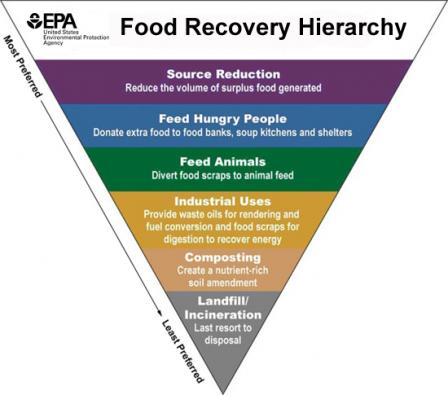By Amye Anderson
UCBJ Managing Editor
PUTNAM COUNTY – Each year, thousands of pounds of food waste from Putnam County will go into the landfill. But what if that waste could be composted?
The Tennessee Department of Environment and Conservation recently announced plans to award Putnam County with a $150,072 grant for equipment to help support a countywide composting effort at schools, nursing homes, restaurants, and homes.
“(We’re) very thankful to TDEC for providing the grant that will allow us to do this pilot project with our school system,” said Putnam County Executive Randy Porter. “(We’re) excited for our county to try the composting of food waste.”
TDEC officials will meet with Putnam County leaders Tuesday, Mar. 27 for a tour of the composting and recycling operations at Prescott Elementary and Prescott Middle schools followed by the grant check presentation at 10:30 a.m.
Those grant funds will support the purchase of a bobcat, a truck with lift, a concrete pad, 500 64-gallon containers, 300 food waste collection containers, and 800 units of residential composting equipment. This grant is among $3,743,474 in grants being dispersed to counties across the state to support the reduction of food waste and other organic matter from entering landfills.
“Food and yard waste currently make up nearly 30 percent of what we throw away,” said TDEC Commissioner Bob Martineau in a December 2017 statement. “Besides taking up landfill space, organics produce harmful emissions that affect our air quality. These funded projects take direct aim at supporting the beneficial reuse of a common waste stream while protecting Tennessee’s clean air.”
A total of 13 grants have been awarded to counties, private entities and nonprofit organizations. Grant recipients must use the funds to reduce organic waste through physical services or by other means, including but not limited to: education, food recovery and donation, feeding animals, industrial uses, anaerobic digestion and composting.
Grant dollars are made possible by the Tennessee Solid Waste Management Fund, which is authorized by the Solid Waste Management Act of 1991 and administered by TDEC. The fund receives revenues from a state surcharge on each ton of solid waste disposed in landfills as well as a fee on new tires sold within the state.
In 2015, TDEC initiated the first-ever organics management funding opportunity on behalf of the state with a goal targeted at increasing composting. More than $5 million has been awarded to a variety of public and private entities since then.
“Every ton of food waste that we keep out of the landfills not only saves the county money, but helps extend the life of the landfills,” Porter said.









